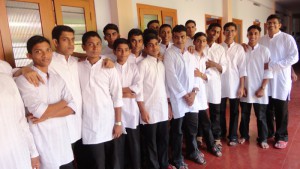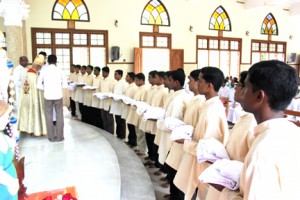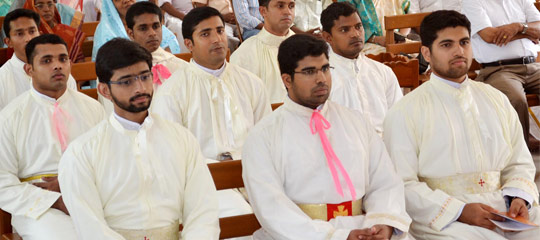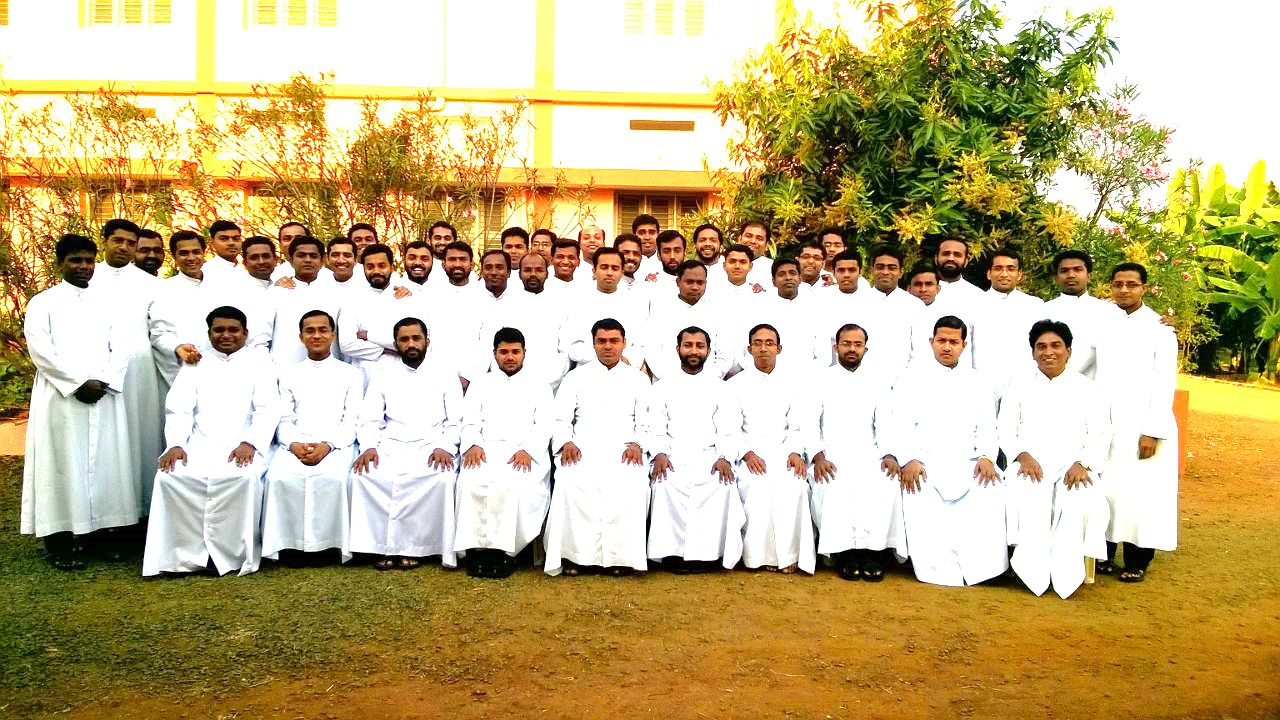PRIESTLY FORMATION IN VINCENTIAN CONGREGATION
Pope St. John Paul II describes seminary formation as “a continuation in the Church of the apostolic community gathered about Jesus, listening to his word, proceeding towards the Easter experience, awaiting the gift of the Spirit for the mission” (Pastores dabo Vobis, n. 60). Priestly formation today continues the call of Jesus, the response of his first disciples, and their communion of life. What was vital and essential for that first community of disciples remains so today for those engaged in priestly formation: As he was walking by the Sea of Galilee, he saw two brothers, Simon who is called Peter, and his brother Andrew, casting a net into the sea; they were fishermen. He said to them, “Come after me, and I will make you fishers of men.” At once, they left their nets and followed him (cf. Mt.4:18-20). The Church continues to place the highest value on the work of priestly formation, because it is linked to the very mission of the Church, especially the evangelization of humanity. “Go, therefore, and make disciples of all nations” (Mt 28:19).
The moving force of Vincent de Paul in undertaking diverse ministries for the poor was his realization of the greatness of priesthood. For him a Priest is the means to save the souls and an instrument of Christ to continue the mission of evangelizing the poor. St. Vincent says: “To make good priests is the greatest achievement in the world. It is impossible to conceive anything greater or more important. To devote oneself to make good priests and to cooperate to this end is to fulfill the very task of Jesus Christ” (Common Rules, nn.10-11).
The Vincentian Congregation has its specific formation program for the candidates and ongoing program of formation for its Priests. Formation is the process by which the one called by God prepares to lead a life as a priest in the Vincentian Congregation. Continued discernment is an essential part of formation, since the process gives him the tools and experience he will need in order to discern well. Our formation programs incorporate the pillars set forth by Saint John Paul II in Pastores dabo vobis: human, spiritual, intellectual and pastoral formation. Since we are preparing men for religious life, our programs also emphasize formation for community life and for the vows of chastity, poverty and obedience.

3.jpg)
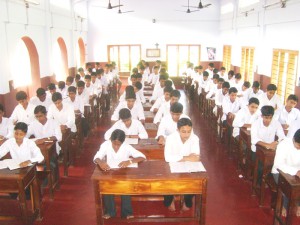
.jpg)
